Mẫu chip thần kinh (NPU) mới nhất của hãng - Atom có thể huấn luyện các mô hình AI lên tới 7 tỷ tham số. Vi xử lý này đang được tiến hành các bài kiểm tra song song với card đồ hoạ (GPU) A100 do Nvidia sản xuất.
Park Sung-huyn, CEO và đồng sáng lập Rebellions cho biết trong một cuộc phỏng vấn với The Korea Times, Atom dự kiến sẽ được sản xuất hàng loạt trên công nghệ đúc 5nm của Samsung trong nửa đầu năm nay.
Đây sẽ là cột mốc quan trọng trong lĩnh vực bán dẫn Hàn Quốc với một sản phẩm nội địa hoá 100%. Park cho hay, Atom có mức độ tiêu thụ điện năng hiệu quả gấp 5 lần A100, tuy nhiên, điểm hạn chế là con chip chỉ có tốc độ bằng một nửa so với A2 - mẫu GPU cấp thấp của Nvidia.
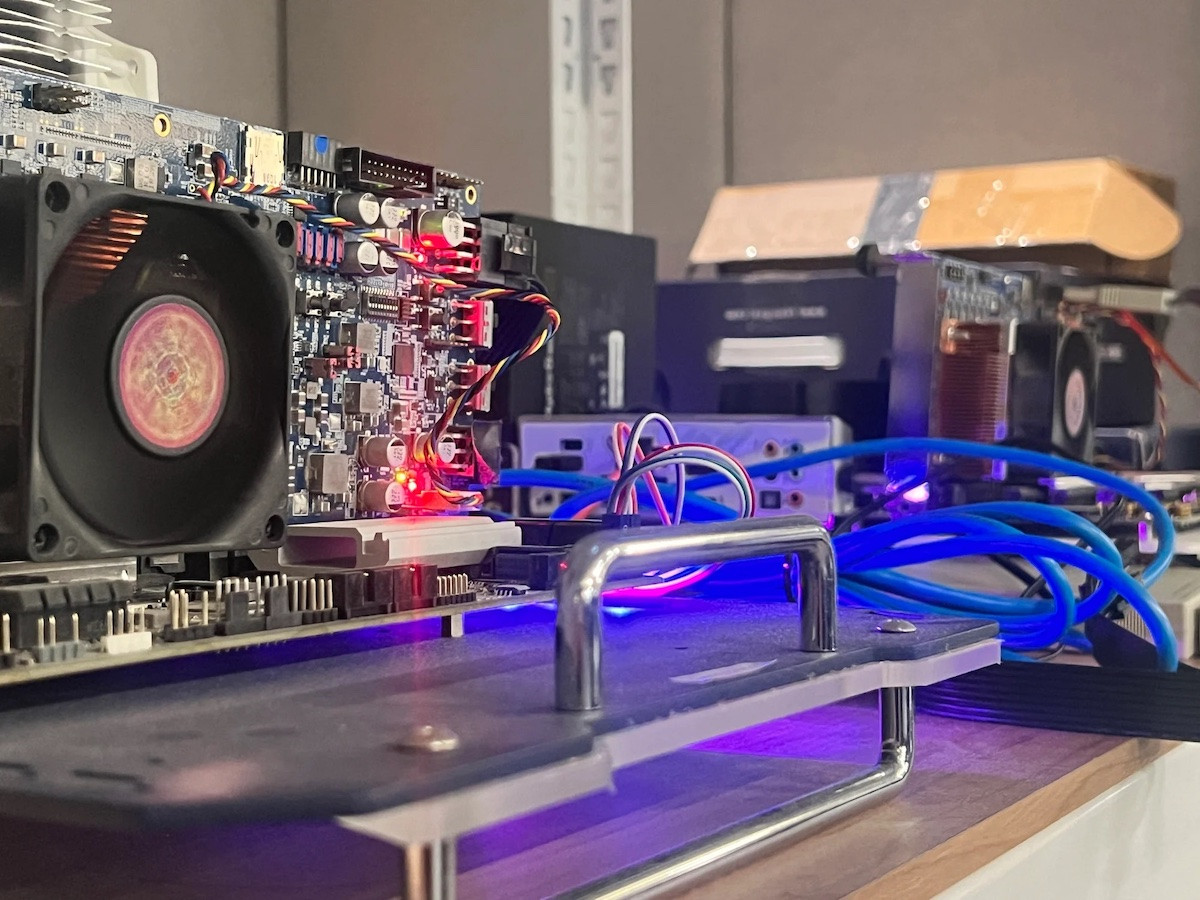
Trên thử nghiệm thực tế, mẫu chip Hàn Quốc chỉ cần tản nhiệt bằng quạt, trong khi vi xử lý của Nvidia cần phòng điều hoà - một trong các yếu tố làm gia tăng tiêu thụ điện năng và chi phí vận hành.
Hàn Quốc, một trong những nhà sản xuất chip nhớ hàng đầu thế giới, đang tìm cách đạt đột phá trong thị trường chip AI bùng nổ. Seoul đặt mục tiêu đến năm 2030 có thể đáp ứng 80% thị phần chip AI máy chủ trong nước.
Rebellions đã nhận được sự hậu thuẫn từ những gã khổng lồ công nghệ lớn nhất tại Hàn Quốc, bao gồm Samsung, công ty viễn thông KT và công ty Internet Kakao.
Tính đến tháng 1/2024, startup này đã huy động thành công 124 triệu USD, đưa định giá công ty đạt 650 triệu USD - trở thành startup bán dẫn giá trị nhất đất nước.
Việc Atom đi vào sản xuất hàng loạt dự báo sẽ tạo ra cú hích lớn về doanh thu công ty sau nhiều năm phát triển nguyên mẫu. Khách hàng đầu tiên của Rebellions là KT, nhà mạng lớn thứ hai và nhà vận hành trung tâm máy chủ hàng đầu tại quốc gia Bắc Á.
Châu Á - trọng tâm trong hệ sinh thái phần cứng bán dẫn
Theo nhà sáng lập Rebellions, tương lai của lĩnh vực AI do cuộc chơi cơ sở hạ tầng quyết định và các nhà mạng viễn thông đang “sẵn lòng chi mạnh tay cho việc xây dựng trung tâm dữ liệu”. Park cũng kỳ vọng thoả thuận với KT sẽ mở ra cơ hội toàn cầu, đặc biệt tại thị trường Mỹ - nơi startup này có những cuộc thảo luận với IBM.
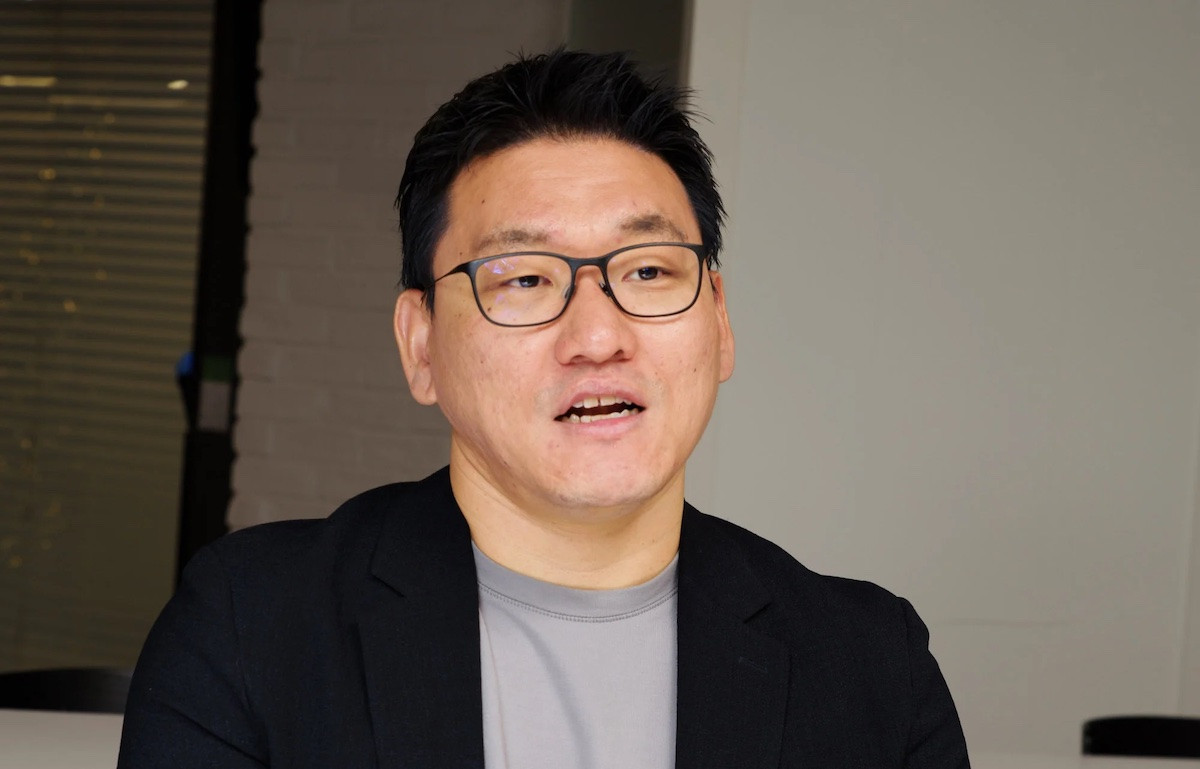
Mỹ cũng là nơi CEO Rebellions lấy bằng tiến sĩ về kỹ thuật điện và khoa học máy tính (Viện công nghệ Massachusetts - tốt nghiệp năm 2014), cũng như có 6 năm làm việc trong lĩnh vực phát triển chip tại các công ty như Intel, SpaceX và chi nhánh nghiên cứu của Samsung tại đây.
Bất chấp kinh nghiệm làm việc trong ngành công nghiệp bán dẫn Mỹ, Park thấy cơ hội tốt hơn để xây dựng công ty bán dẫn ở Hàn Quốc, với nhận định “châu Á sẽ là khu vực trọng tâm trong hệ sinh thái phần cứng bán dẫn”, trong đó “Hàn Quốc và Đài Loan (Trung Quốc) đang bám đuổi nhau”.
Nhà sáng lập này cho hay, quyết định về nước thành lập công ty không hề dễ dàng khi mạng lưới quan hệ công việc của ông ở thời điểm đó chủ yếu ở Mỹ. Nhiều nhân viên ban đầu của Rebellions từng làm việc cho IBM, Intel, Apple, và Samsung chi nhánh Mỹ.
Hiện tại, startup này có khoảng 120 nhân viên, trong đó 100 người là kỹ sư. Theo Park, gần 70% nhân sự của họ đến từ các công ty bán dẫn lớn của Hàn Quốc.
Năm 2021, startup này tung ra NPU đầu tiên có tên Ion, sản xuất bởi TSMC. NPU này được thiết kế cho các tác vụ AI lĩnh vực tài chính. Song, sau khi nhận thấy nhu cầu từ các công ty trung tâm dữ liệu lớn hơn nhiều so hơn với công ty tài chính, Rebellions đã quyết định chuyển hướng.
Tháng 10/2023, Rebellions ký thoả thuận hợp tác với Samsung - nhà sản xuất chip lớn nhất Hàn Quốc để phát triển các mẫu NPU thế hệ tiếp theo với tham số lớn hơn, đủ sức cạnh tranh với GPU H200 - sản phẩm cao cấp nhất của Nvidia.
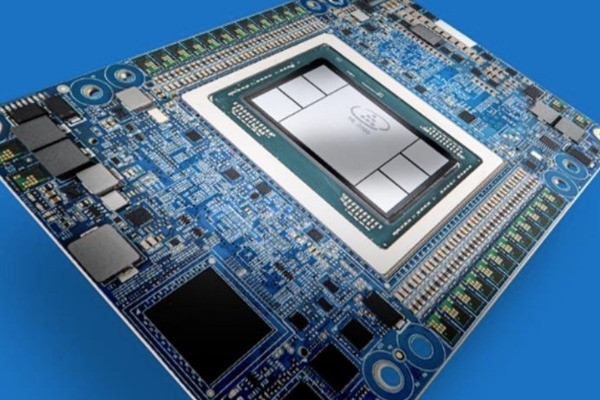
Nguồn






![[Ảnh] Lãnh đạo tỉnh Gia Lai dâng hoa trước Tượng đài Bác Hồ với các dân tộc Tây Nguyên](https://vphoto.vietnam.vn/thumb/1200x675/vietnam/resource/IMAGE/2025/7/9/196438801da24b3cb6158d0501984818)

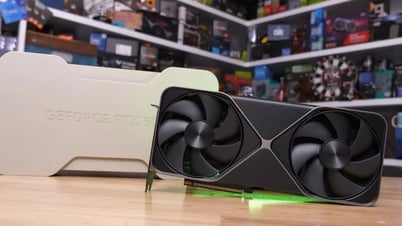

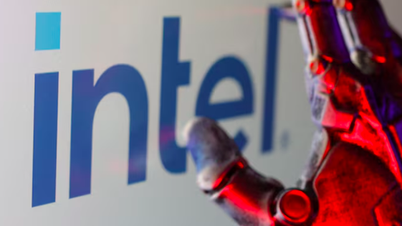

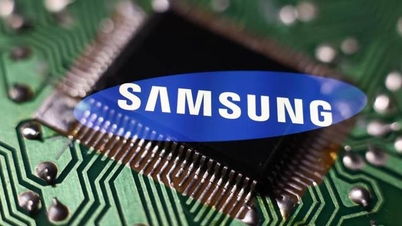

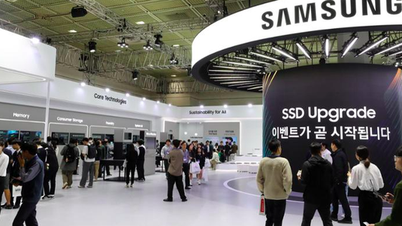
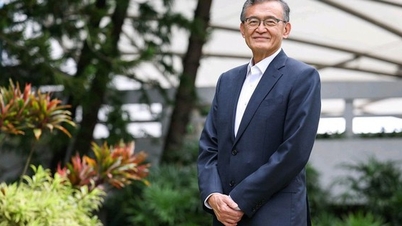
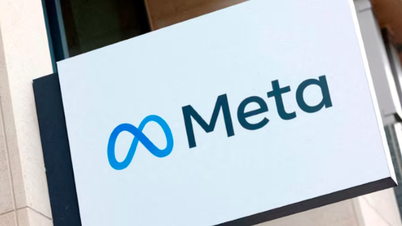

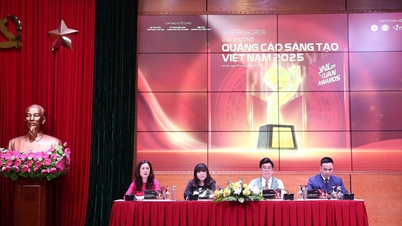





























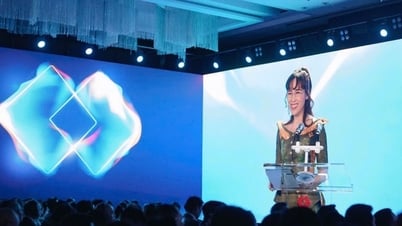



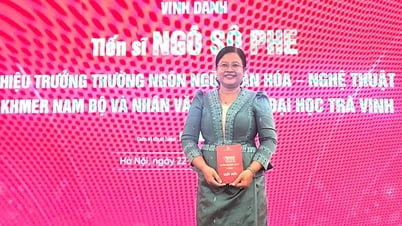





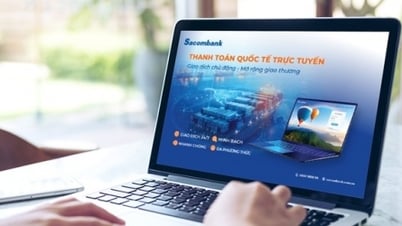

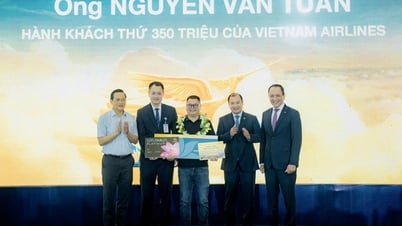






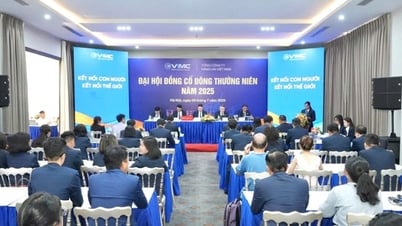




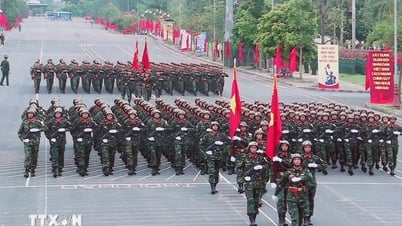
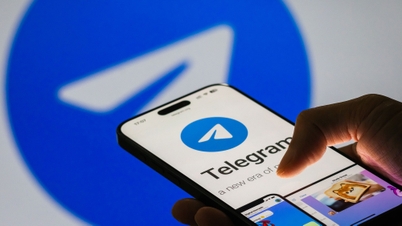






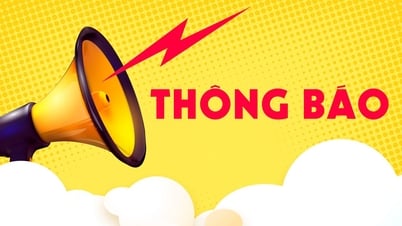

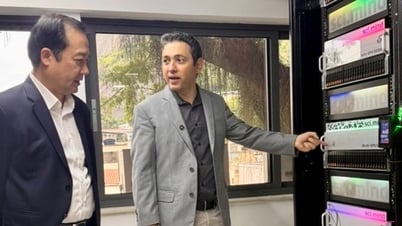






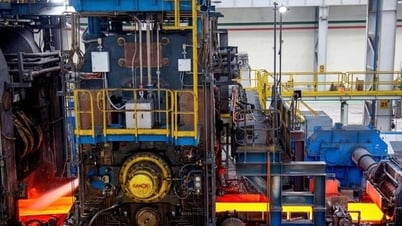















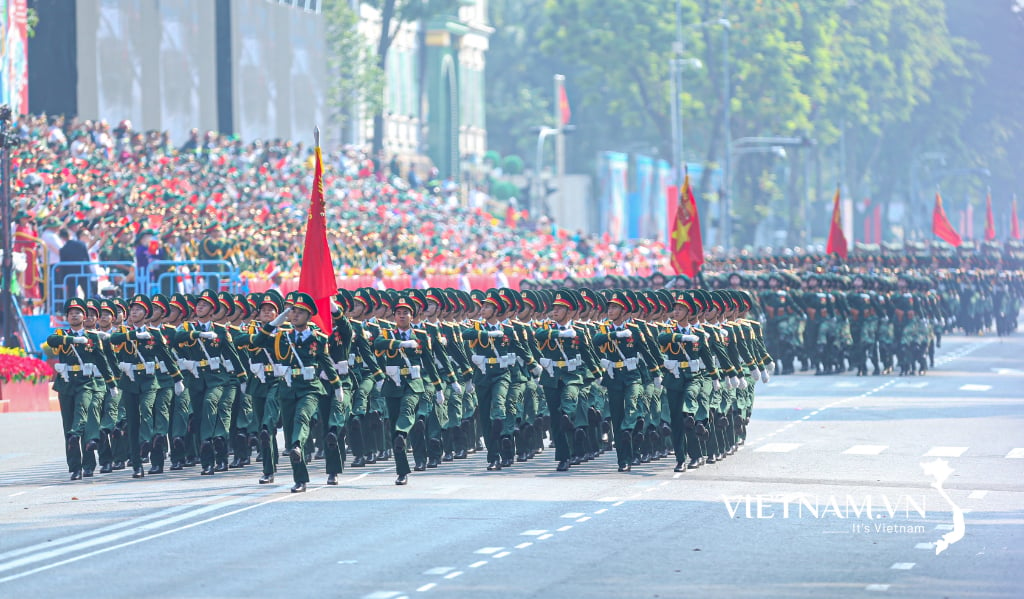


Bình luận (0)